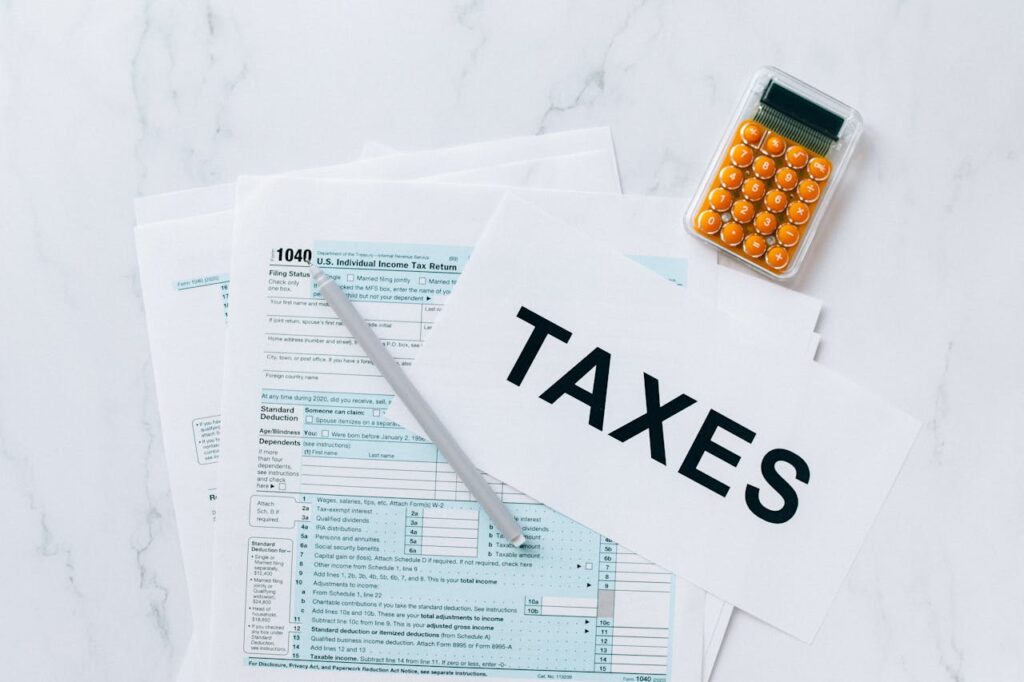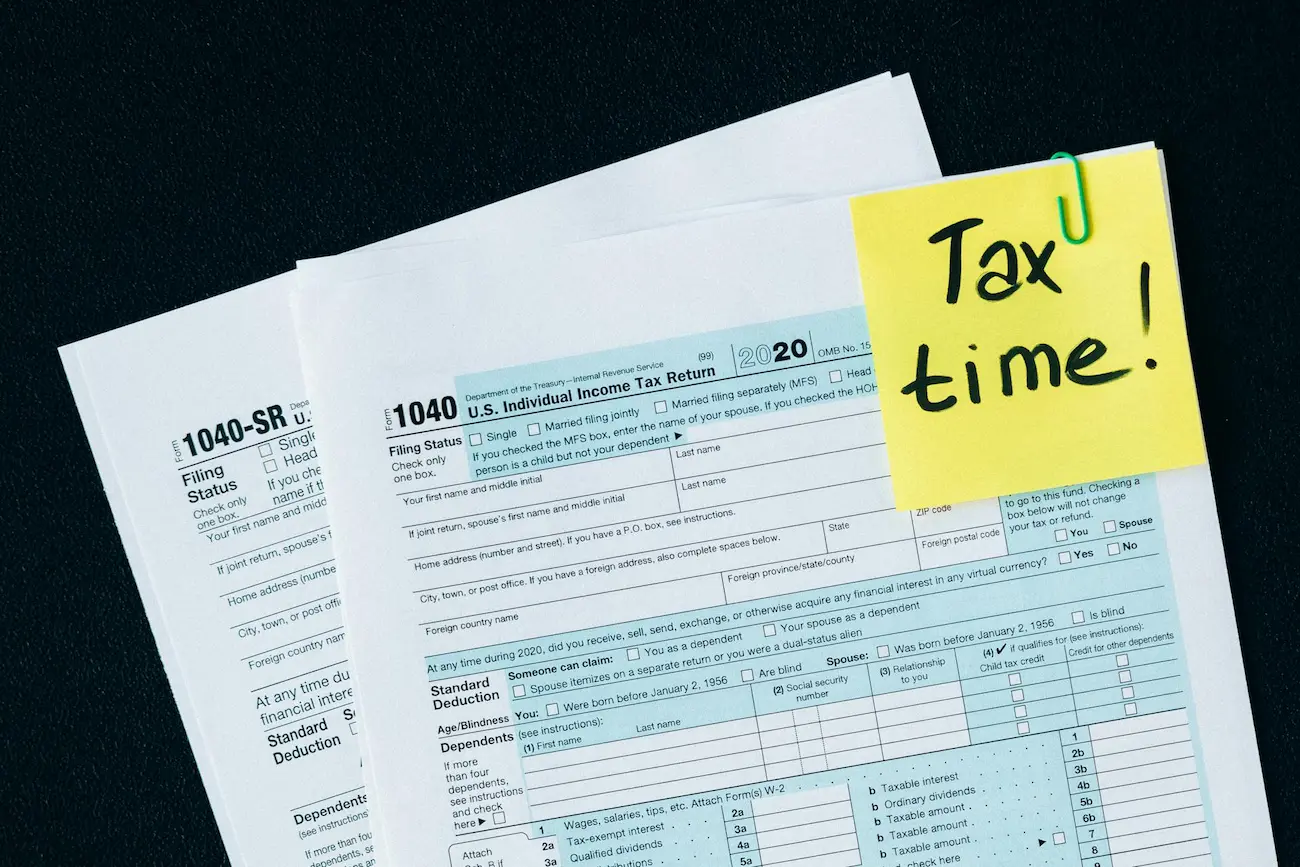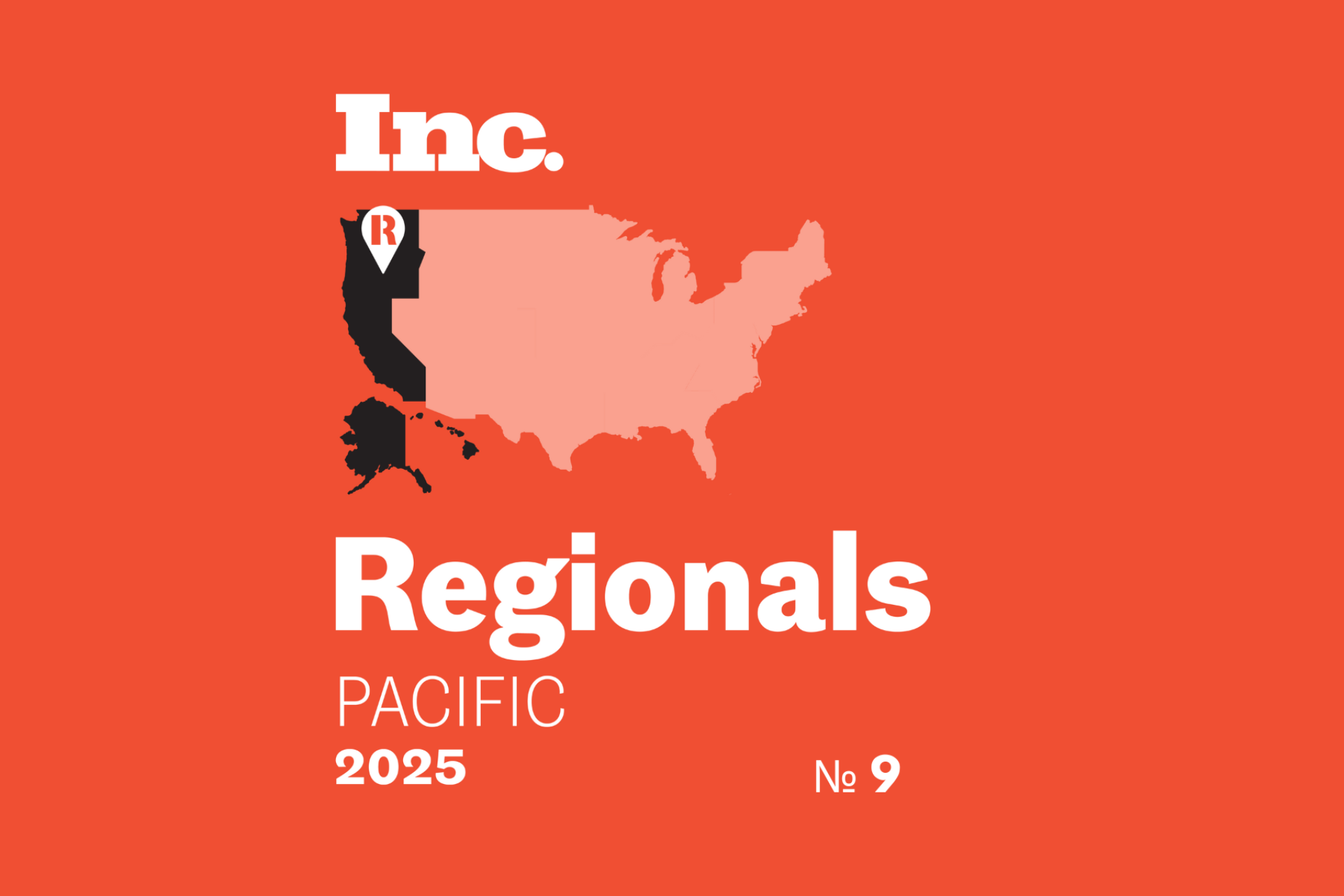Finding the right tax accountant can feel a lot like choosing the right mechanic; you want someone who knows the system inside and out, communicates clearly, and keeps you running smoothly.
This guide will help you cut through the noise and find a tax professional who fits your needs, whether they’re around the corner or across the country.
Potrus CPA provides expert tax and accounting services tailored to individuals and small businesses across the U.S. With deep knowledge of state-specific tax laws and a client-first approach, we make managing your finances simple, no matter where you’re located.
How to Find the Best Accountant Near Me?
Do you really need someone in your city to be your accountant? Actually, no.
You can hire anyone across the US or even internationally if they can file your taxes, handle your financial planning, and understand your state laws. Their office, whether they have one or not, shouldn’t be a major concern. Instead, focus on how well they can take care of your needs.
And if you have special needs that require in-person meetings, local document handling, or knowledge of city-specific regulations, then finding someone local, as outlined below, might make more sense.
How to Begin Your Search for the Right Accountant
It mostly comes down to your specific situation. Do you own a company, run a small business, manage an LLC, or are you a solo freelancer? Your needs will shape the kind of accountant you should be looking for, so it’s important to start with clarity.
Identify What You Need Help With
Are you just looking for someone to file your taxes, or do you need help with bookkeeping, financial planning, or business strategy too? Be honest with yourself about what kind of support you’re after. The clearer you are, the easier it’ll be to find the right fit.
Ask for Recommendations
Word of mouth still works. Many of our clients come to us because someone they trust referred them. Ask around—friends, family, and business contacts can often point you in the right direction.
Review Their Credentials
Always check if the accountant is a licensed CPA. In the U.S., CPAs are required to pass exams like the Uniform CPA Examination and often an ethics exam, depending on the state. They also need to meet strict education and experience requirements.. It’s your way of knowing they’re qualified and serious about doing things right.
Search on Google
Type in “CPA near me” or “accountant near me” and you’ll get plenty of options. Go through a few websites, check what services they offer, and whether they’re a solo CPA or part of a firm. Read their reviews on Google and Yelp, compare pricing, and don’t be afraid to ask how busy they are before you commit.
Schedule a Free Consultation Call
Most CPAs offer a free introductory call to see if there’s a fit. Use that time to ask about their services, fees, and experience with businesses like yours. Potrus CPA offers free consultation calls too. Come prepared with questions, and be upfront about your needs.
Discuss Fees
Don’t leave the money talk for later. Ask about pricing, how they charge (hourly or flat rate), and what’s included. Make sure to get everything spelled out from the start to avoid surprises.
Ask Which Software (Technology) They Use
If this is a one-time thing, it may not matter much. But if you’re planning to work with them long-term or on complex projects, ask what tools and platforms they use. It’s important that their systems work well with yours.
Communication Methods
Find out how they prefer to stay in touch. Do they use email, phone, text, or something else? Will you need to go through an assistant, or can you reach them directly? Knowing how accessible they are can make a big difference.
Why Choose a Local CPA
Opting for a tax accountant near you offers numerous advantages, particularly for personal taxes. They possess a deep understanding of local tax regulations and exemptions specific to your area, ensuring accurate and compliant tax filings.
Easy Access and Personal Service
Having a tax accountant nearby enhances accessibility and convenience. You can easily schedule face-to-face meetings, drop off documents, or get quick help when something urgent comes up. Potrus CPA proudly offers local CPA services in Anaheim Hills and surrounding areas.
Understanding Local Rules and Taxes
A tax accountant is well-versed in the intricacies of local tax laws and regulations. Their familiarity with regional tax codes enables them to identify relevant deductions, credits, and incentives specific to your location, ultimately maximizing your tax benefits.

Building a Long-Term Relationship
Working with someone local often makes it easier to build trust over time. You can get to know your CPA personally, and they get to know the ins and outs of your financial situation. That kind of connection leads to better, more personalized service.
Supporting Your Local Economy
Choosing a local CPA means supporting businesses in your own community. It keeps money circulating locally and strengthens your regional economy. Plus, local professionals are often more invested in your success because they’re part of the same community you live and work in.
Questions to Ask Potential Tax Accountants Near Me
1. Qualifications & Expertise
- What certifications or professional memberships do you hold (e.g., AICPA, state society)?
- How long have you been practicing, and what is your experience with clients in my situation (e.g., small business, freelancers, estate planning)?
- Do you specialize in any specific industries or tax areas?
2. Services Offered
- Can you handle freelance income, such as international tax issues, payroll, or IRS audits?
- Do you offer proactive tax planning or only reactive compliance work?
3. Fees & Billing
- What is the estimated cost for my specific needs? Are there additional fees (e.g., filing, consultations)?
- What are your payment terms (due dates, payment plans)?
4. Availability & Communication
- How accessible are you during peak times (e.g., tax season)?
- What is your preferred communication method (email, phone, in-person)?
- Who will be my primary contact—you or a team member?
- What is your typical response time for urgent queries?
5. Technology & Security
- How do you ensure data security and confidentiality?
- Do you support cloud-based accounting or electronic filing?
6. Reputation & References
- Have you faced any disciplinary actions or complaints (check state board)?
- How do you handle client disputes or errors?
7. Tax & Compliance Approach
- How do you stay updated on tax law changes?
- Are you proactive in identifying deductions/credits?
- How do you handle amended returns or IRS notices?
8. Business-Specific Needs (if applicable)
- Do you have experience with businesses of my size/industry?
- Can you assist with financial forecasting, audits, or payroll?
- Do you provide benchmarking data or industry insights?
9. Long-Term Relationship
- Do you offer ongoing support or annual reviews?
- How do you adapt to changes in my financial situation?
- Can you refer me to legal/financial professionals if needed?
10. Conflict of Interest & Confidentiality
- Do you work with competitors or clients that might create a conflict?
- How is my confidential information protected?
11. Engagement Process
- Will tax advice or recommendations be documented in writing?
12. Termination & Transition
- What is the process if I need to end our relationship?
- Are there termination fees or obligations?
13. Red Flags
- Do you pressure clients to sign incomplete returns?
- Do you use aggressive tax strategies that could trigger audits?
- Do you carry malpractice insurance?
- Will you represent me in IRS audits or disputes?
- How do you handle estimated tax payments or quarterly filings?
How To Spot Red Flags in Accountants (CPA)?
Warning signs that signal unethical behavior, incompetence, or misalignment with your needs.
1. Credentials & Transparency Issues
- No active CPA license or refusal to provide proof of licensure.
- Verify their license through your state’s board of accountancy website.
- Vague or evasive answers about qualifications, experience, or disciplinary history.
- No professional affiliations (e.g., AICPA, state CPA society).
- Unwilling to sign tax returns as the preparer (avoids accountability).
2. Communication & Professionalism Red Flags
- Poor responsiveness (e.g., ignores calls/emails for weeks, especially during tax season).
- Uses jargon excessively to avoid explaining strategies clearly.
- Pressures you to sign incomplete returns or discourages you from reviewing documents.
- No written engagement letter outlining fees, services, and responsibilities.
3. Ethical or Compliance Concerns
- Promises guaranteed results (e.g., “I’ll get you a huge refund!”).
- Legitimate CPAs manage expectations, not guarantees.
- Recommends aggressive tax strategies that feel unethical (e.g., inflating deductions, hiding income).
- Fails to file your returns on time repeatedly or misses deadlines without explanation.
- Has a history of disciplinary actions (check state board records for complaints or sanctions).
4. Financial & Operational Red Flags
- Unclear or inconsistent fees (e.g., hidden charges, refuses to provide estimates).
- Uses outdated tools (e.g., no secure portals, insists on paper-only filing).
- Refuses to represent you in an audit or shifts liability to you.
- Lacks malpractice insurance (critical for protecting you from errors).
5. Behavioral Warning Signs
- Dismisses your questions (“Don’t worry about it, just sign here”).
- Works in isolation and refuses to collaborate with your financial team (e.g., lawyer, financial planner).
- Overly reliant on generic software without personalized advice (e.g., treats you like a number).
What Are My Responsibilities When Working With an Accountant?
1. Prepare Your Financial Information
Your responsibility: Ensure your financial data is organized, accurate, and complete.
- Gather and sort documents (e.g., W-2s, 1099s, receipts, investment statements, business expense records).
- Reconcile bank/credit card statements to avoid discrepancies.
- Update records for recent life changes (e.g., marriage, home purchase, new dependents).
- Label documents clearly (e.g., “2023 Charitable Donations” or “Q3 Business Expenses”).
2. Clarify Expectations & Scope
Your responsibility: Define your needs and agree on terms upfront.
- Outline your goals (e.g., tax filing, audit support, long-term planning).
- Confirm the accountant’s services (e.g., personal vs. business taxes, state filings).
- Agree on deadlines, fees (hourly vs. flat rate), and payment terms.
- Sign an engagement letter to formalize roles and deliverables.
3. Communicate Proactively
Your responsibility: Keep the accountant informed and responsive.
- Disclose all income sources, deductions, or financial changes (e.g., freelance work, crypto transactions).
- Respond promptly to requests for additional information.
- Ask questions to clarify unfamiliar terms or strategies (e.g., “How does this deduction impact my audit risk?”).
- Share concerns upfront (e.g., IRS notices, past filing errors).
4. Collaborate on Compliance & Strategy
Your responsibility: Partner on accuracy and tax optimization.
- Review draft returns carefully before signing.
- Understand your filing obligations (e.g., quarterly estimates, state-specific rules).
- Discuss tax-saving strategies for the future (e.g., retirement contributions, credits).
- Keep copies of filed returns and supporting documents for 3–7 years.
5. Maintain Security & Organization
Your responsibility: Protect sensitive data and streamline collaboration.
- Use secure methods to share documents (e.g., encrypted portals, not email).
- Organize digital files with clear naming conventions (e.g., “2023_Mortgage_Interest.pdf”).
- Adopt tools recommended by your accountant (e.g., QuickBooks, expense-tracking apps).
- Shred outdated physical documents securely.
6. Stay Engaged for Long-Term Success
Your responsibility: Foster an ongoing partnership.
- Schedule post-tax-season reviews to adjust strategies (e.g., mid-year planning).
- Update your accountant on major life/business changes (e.g., starting a side hustle, inheritance).
- Request referrals for related services (e.g., estate planning, legal support).
- Provide feedback to improve the working relationship.
Avoid Costly Mistakes: How to Identify and Hire the Right Accountant Near You
If you want to go local or remote, make sure you’re partnering with someone who understands your situation, communicates well, and knows how to get things done the right way.
Use free consultations, check credentials, and don’t skip the small details like fees, communication style, or technology used.
A good CPA is your strategic partner for long-term financial success. Take your time, trust your instincts, and remember: the right fit will make your life easier, not harder.







